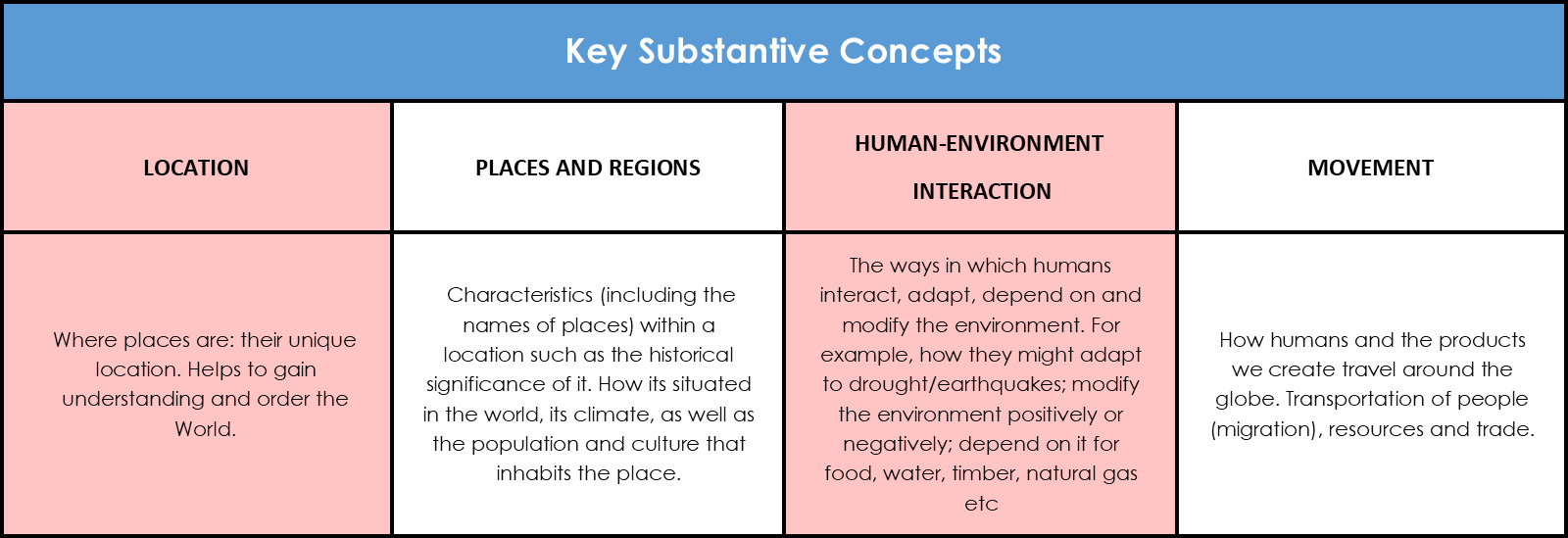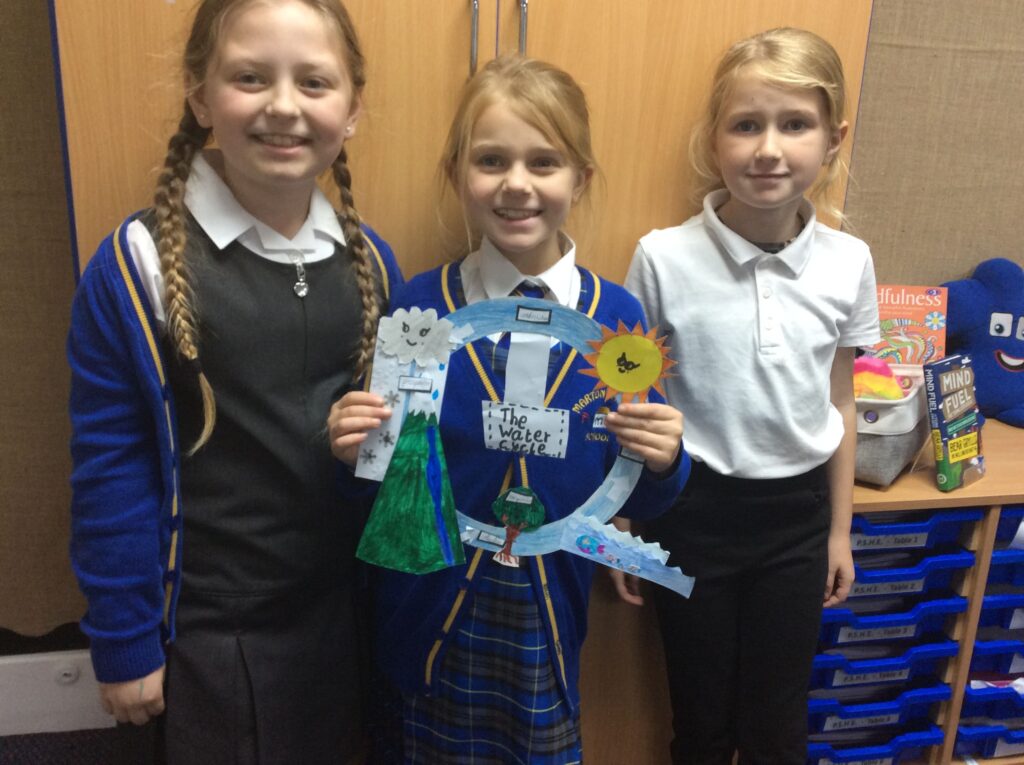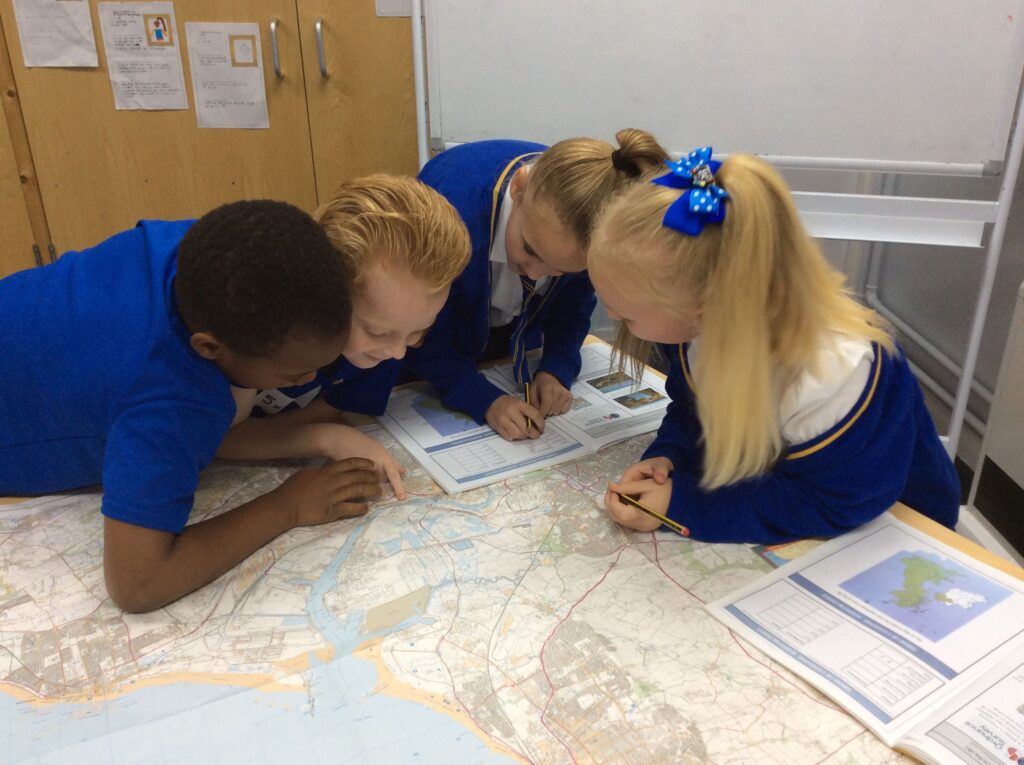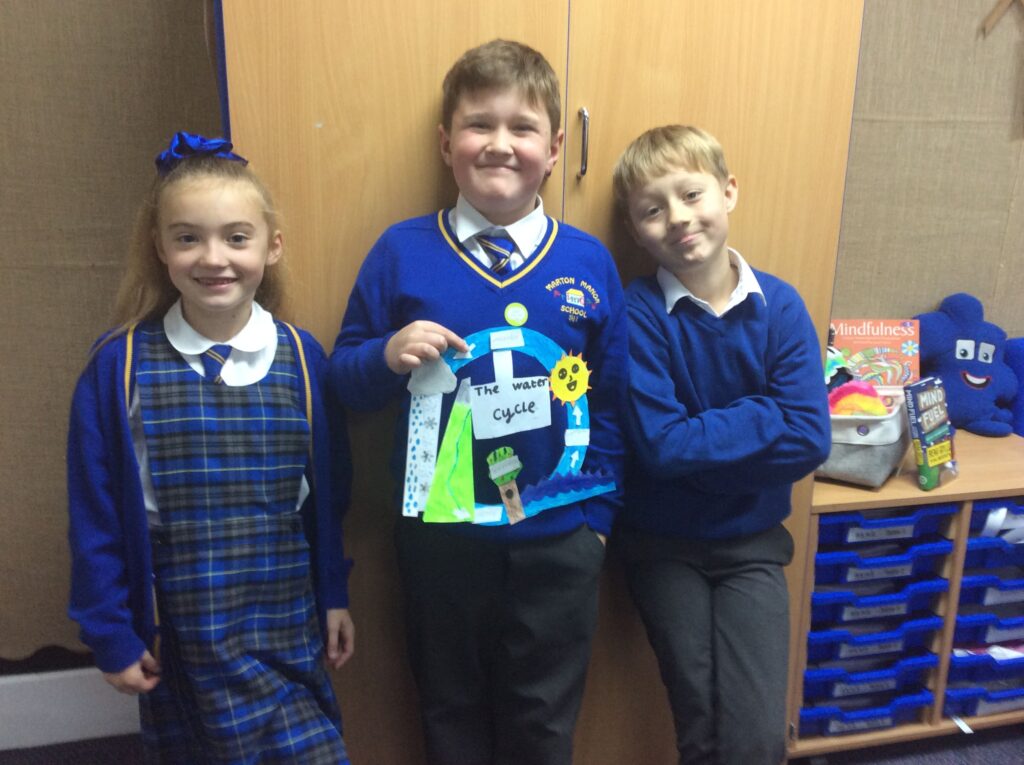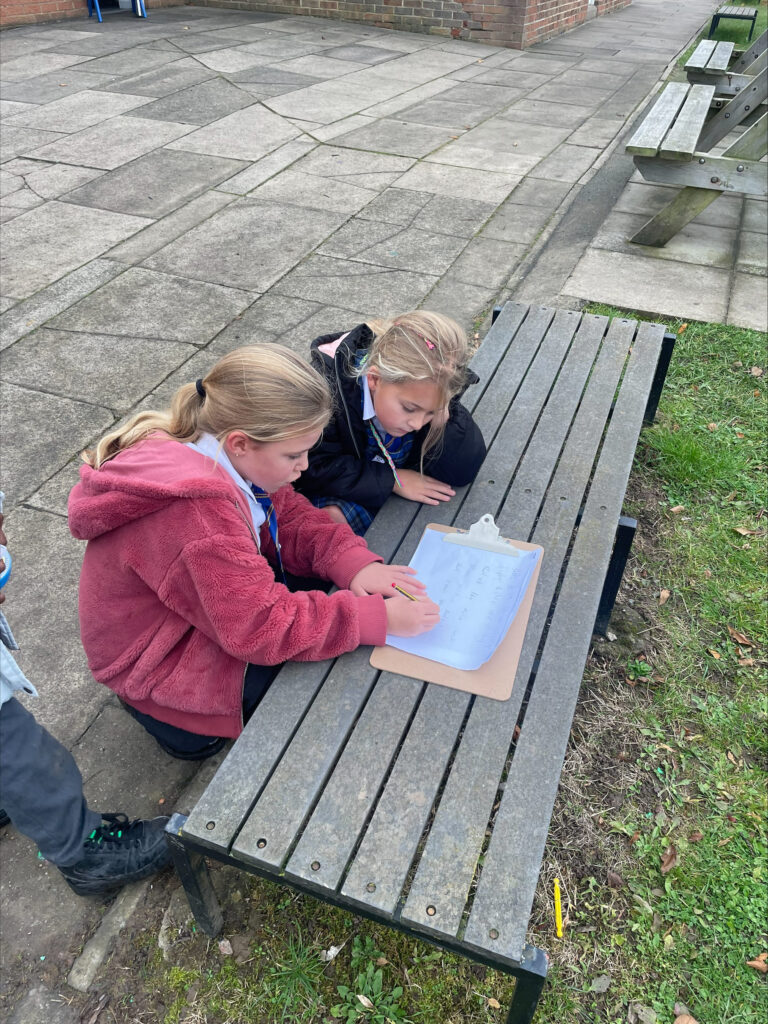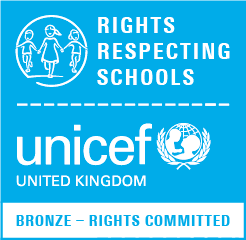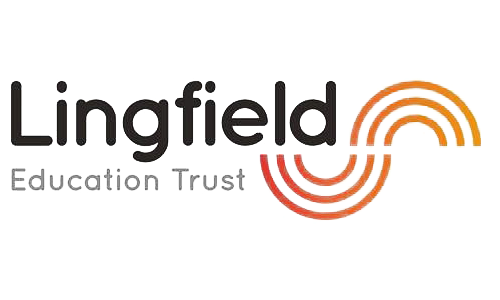“Geography is the subject which holds the key to our future.” – Michael Palin
In Geography, we endeavour to spark every child’s curiosity about the world in which they live and broaden children’s real-life experiences and, ultimately, their cultural capital. Through high quality provision and the use of a bespoke curriculum, we aim to develop a global understanding in children where they continually pose questions and seek answers as they explore their immediate locality, before journeying into the wider world beyond. Pupils will immerse themselves in a variety of diverse countries and cultures, gathering self-awareness which will empower them to become respectful and responsible citizens, able to navigate a complex and ever-changing world.
Our intent for Geography at Marton Manor
- Inspire lifelong curiosity and fascination about the world and its people.
- Provide a bespoke, high-quality curriculum that exceeds National Curriculum requirements.
- Equip pupils with:
- Generative knowledge: Core geographical concepts such as location, place, human-environment interaction, and movement.
- Disciplinary knowledge: Skills and methods for geographical enquiry, data analysis, source interpretation, and communication.
- Foster locational knowledge, place knowledge, and understanding of human and physical geography.
- Develop fieldwork skills to collect, analyze, and interpret data effectively.
- Encourage critical thinking, evaluation, and debate about geographical processes and impacts.
- Structure knowledge into small, progressive building blocks revisited and reinforced across year groups.
Ensure pupils know more, remember more, and do more, enabling meaningful progression throughout their school journey.
We follow the National Curriculum at Marton Manor
Key stage 1
Pupils should develop knowledge about the world, the United Kingdom and their locality.
They should understand basic subject-specific vocabulary relating to human and physical geography and begin to use geographical skills, including first-hand observation, to enhance their locational awareness.
Pupils should be taught to:
Locational knowledge
- Name and locate the world’s seven continents and five oceans
- Name, locate and identify characteristics of the four countries and capital cities of the United Kingdom and its surrounding seas
Place knowledge
- Understand geographical similarities and differences through studying the human and physical geography of a small area of the United Kingdom, and of a small area in a contrasting non-European country
Human and physical geography
- Identify seasonal and daily weather patterns in the United Kingdom and the location of hot and cold areas of the world in relation to the Equator and the North and South Poles
- Use basic geographical vocabulary to refer to:
- Key physical features, including: beach, cliff, coast, forest, hill, mountain, sea, ocean, river, soil, valley, vegetation, season and weather
- Key human features, including: city, town, village, factory, farm, house, office, port, harbour and shop
Geographical skills and fieldwork
- Use world maps, atlases and globes to identify the United Kingdom and its countries, as well as the countries, continents and oceans studied at this key stage
- Use simple compass directions (North, South, East and West) and locational and directional language [for example, near and far; left and right], to describe the location of features and routes on a map
- Use aerial photographs and plan perspectives to recognise landmarks and basic human and physical features; devise a simple map; and use and construct basic symbols in a key
- Use simple fieldwork and observational skills to study the geography of their school and its grounds and the key human and physical features of its surrounding environment.
Key stage 2
Pupils should extend their knowledge and understanding beyond the local area to include the United Kingdom and Europe, North and South America. This will include the location and characteristics of a range of the world’s most significant human and physical features.
They should develop their use of geographical knowledge, understanding and skills to enhance their locational and place knowledge.
Pupils should be taught to:
Locational knowledge
- Locate the world’s countries, using maps to focus on Europe (including the location of Russia) and North and South America, concentrating on their environmental regions, key physical and human characteristics, countries, and major cities
- Name and locate counties and cities of the United Kingdom, geographical regions and their identifying human and physical characteristics, key topographical features (including hills, mountains, coasts and rivers), and land-use patterns; and understand how some of these aspects have changed over time
- Identify the position and significance of latitude, longitude, Equator, Northern Hemisphere, Southern Hemisphere, the Tropics of Cancer and Capricorn, Arctic and Antarctic Circle, the Prime/Greenwich Meridian and time zones (including day and night)
Place knowledge
- Understand geographical similarities and differences through the study of human and physical geography of a region of the United Kingdom, a region in a European country, and a region within North or South America
Human and physical geography
Describe and understand key aspects of:
- Physical geography, including: climate zones, biomes and vegetation belts, rivers, mountains, volcanoes and earthquakes, and the water cycle
- Human geography, including: types of settlement and land use, economic activity including trade links, and the distribution of natural resources including energy, food, minerals and water
Geographical skills and fieldwork
- Use maps, atlases, globes and digital/computer mapping to locate countries and describe features studied
- Use the eight points of a compass, four and six-figure grid references, symbols and key (including the use of Ordnance Survey maps) to build their knowledge of the United Kingdom and the wider world
- Use fieldwork to observe, measure, record and present the human and physical features in the local area using a range of methods, including sketch maps, plans and graphs, and digital technologies
How the Geography Curriculum is designed at Marton Manor
At Marton Manor Primary School, our Geography Curriculum encourages curiosity about the world and develops a deep understanding of people, places, and environments. Built around key substantive concepts, disciplinary knowledge, and geographical enquiry, our curriculum equips children with the knowledge and skills to think like geographers.
Below, you will find an overview of our curriculum, outlining the key substantive concepts and the role of disciplinary knowledge and enquiry in shaping geographical understanding.
